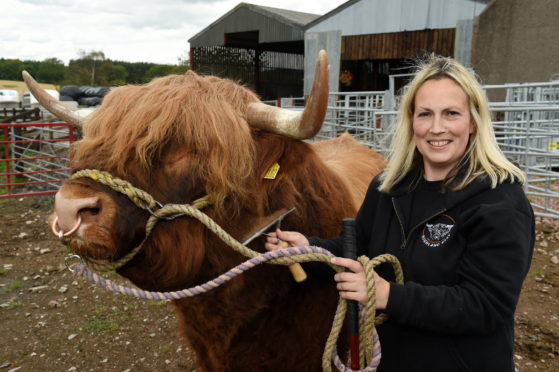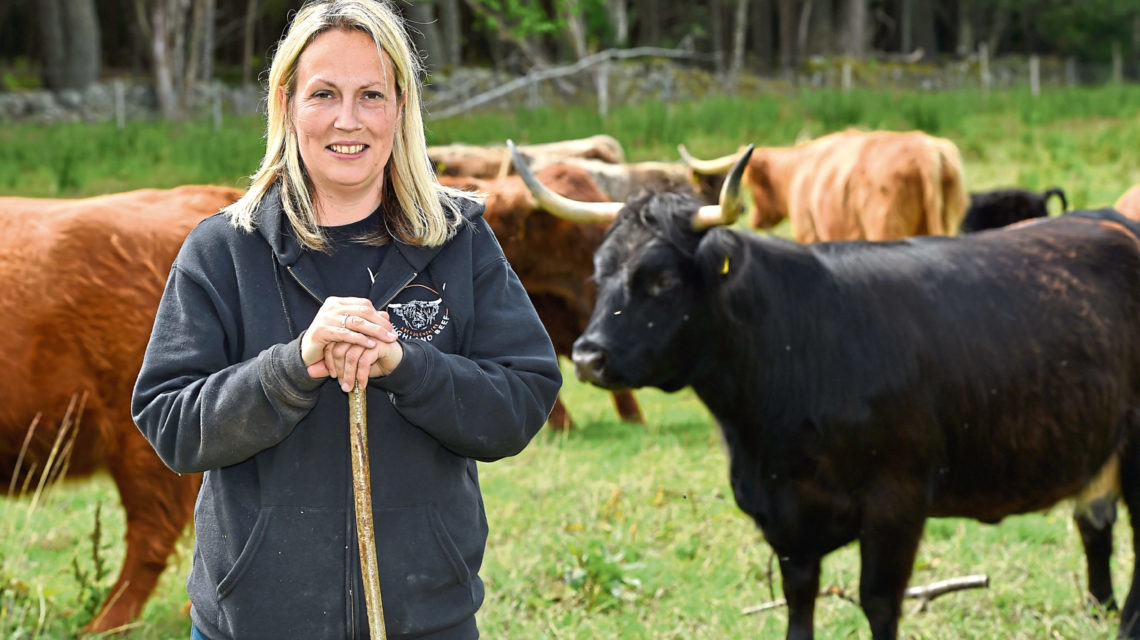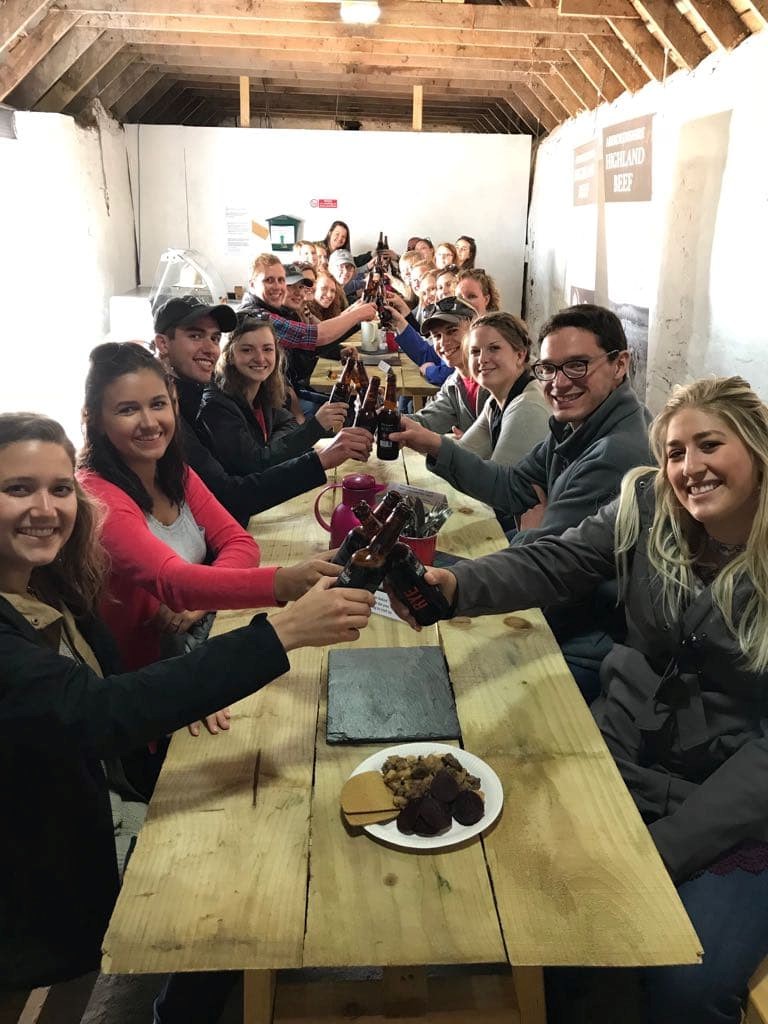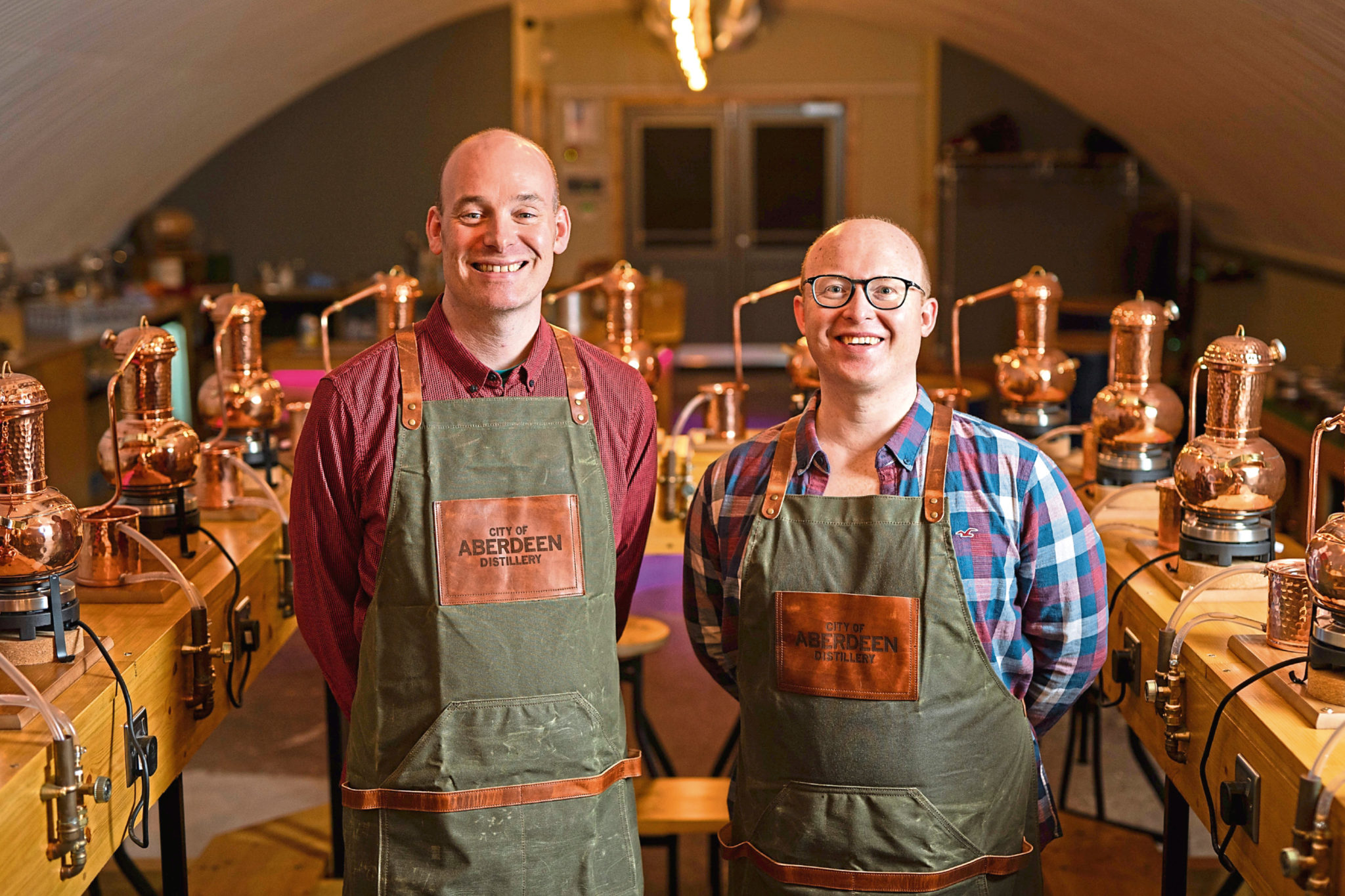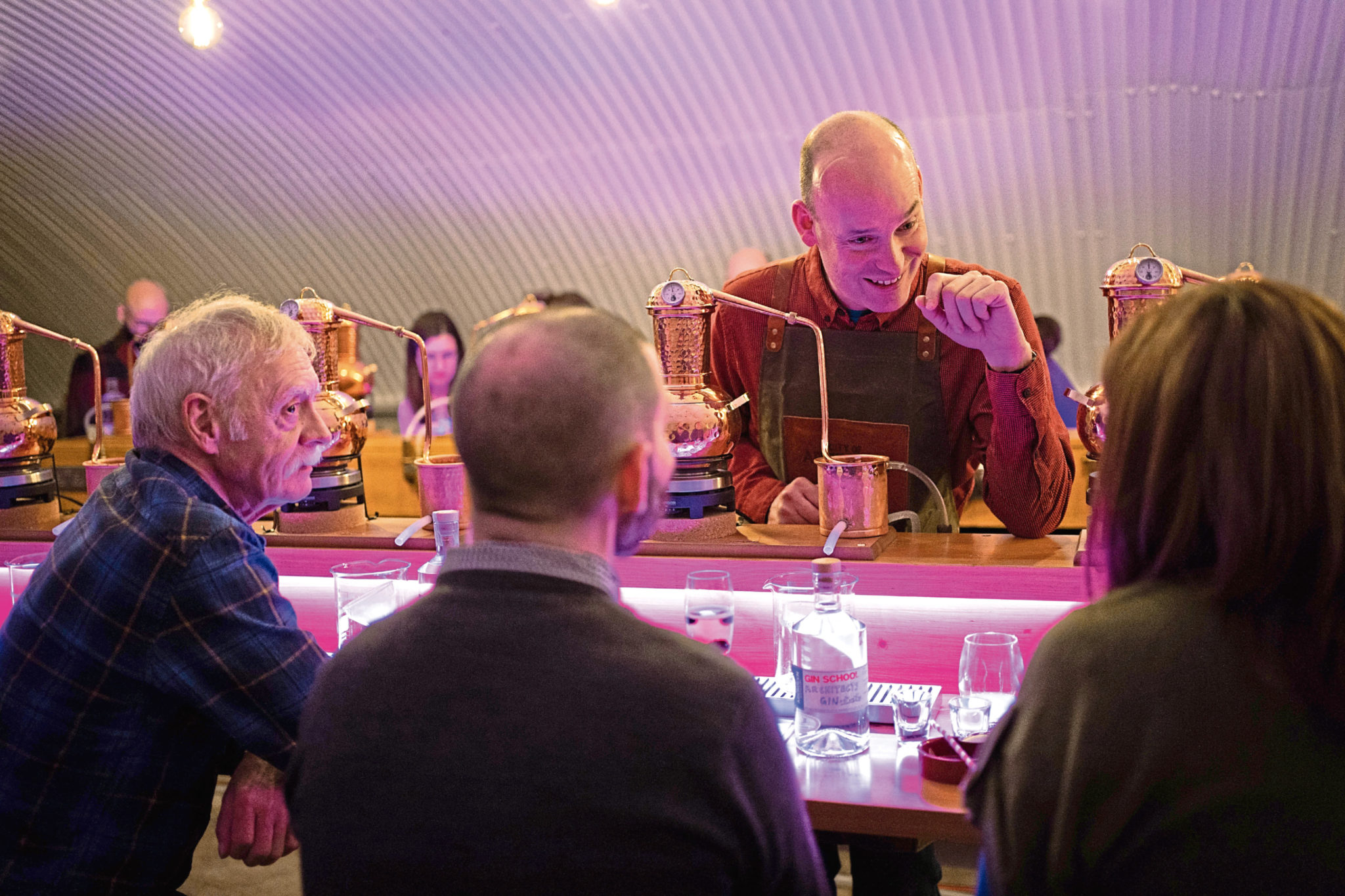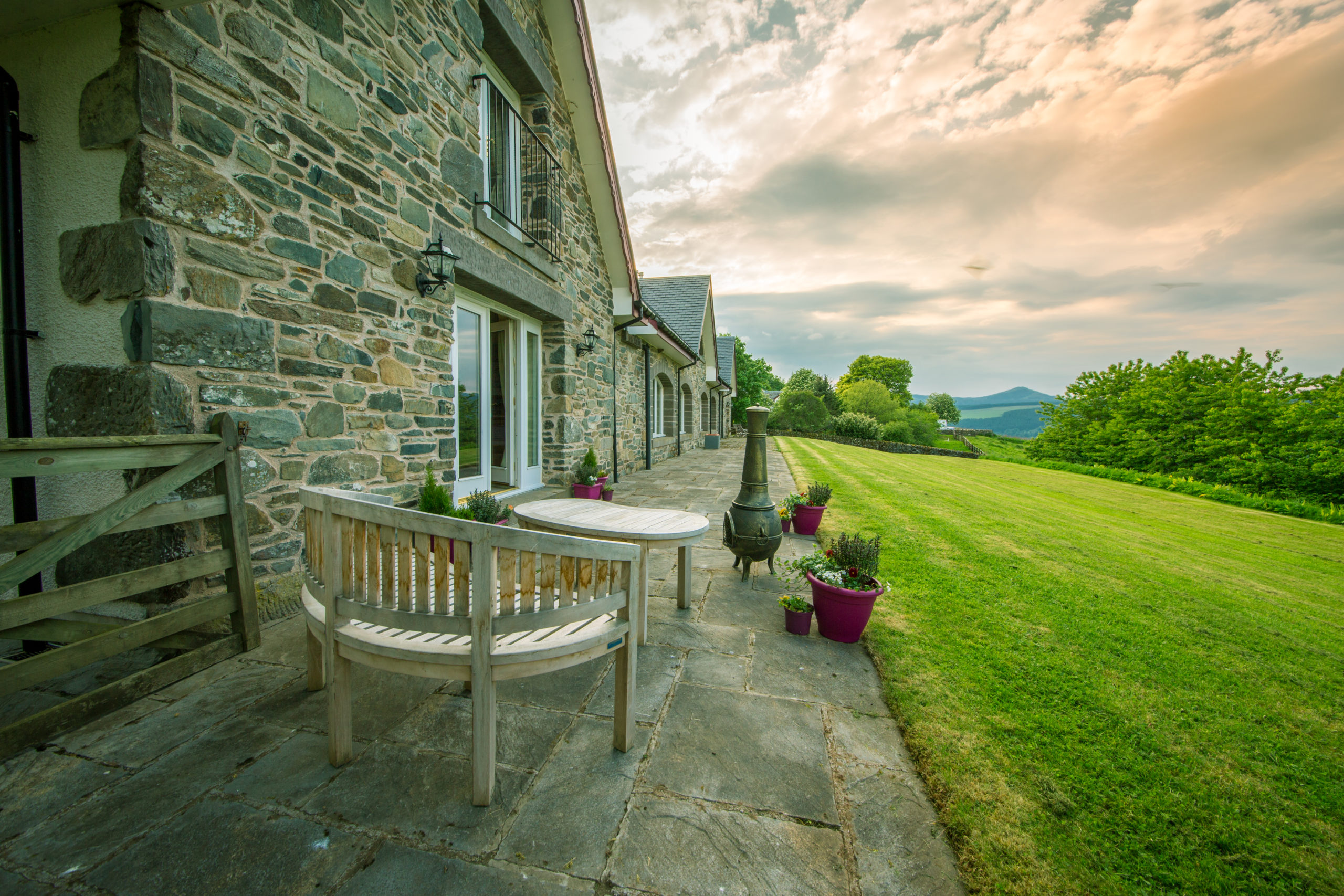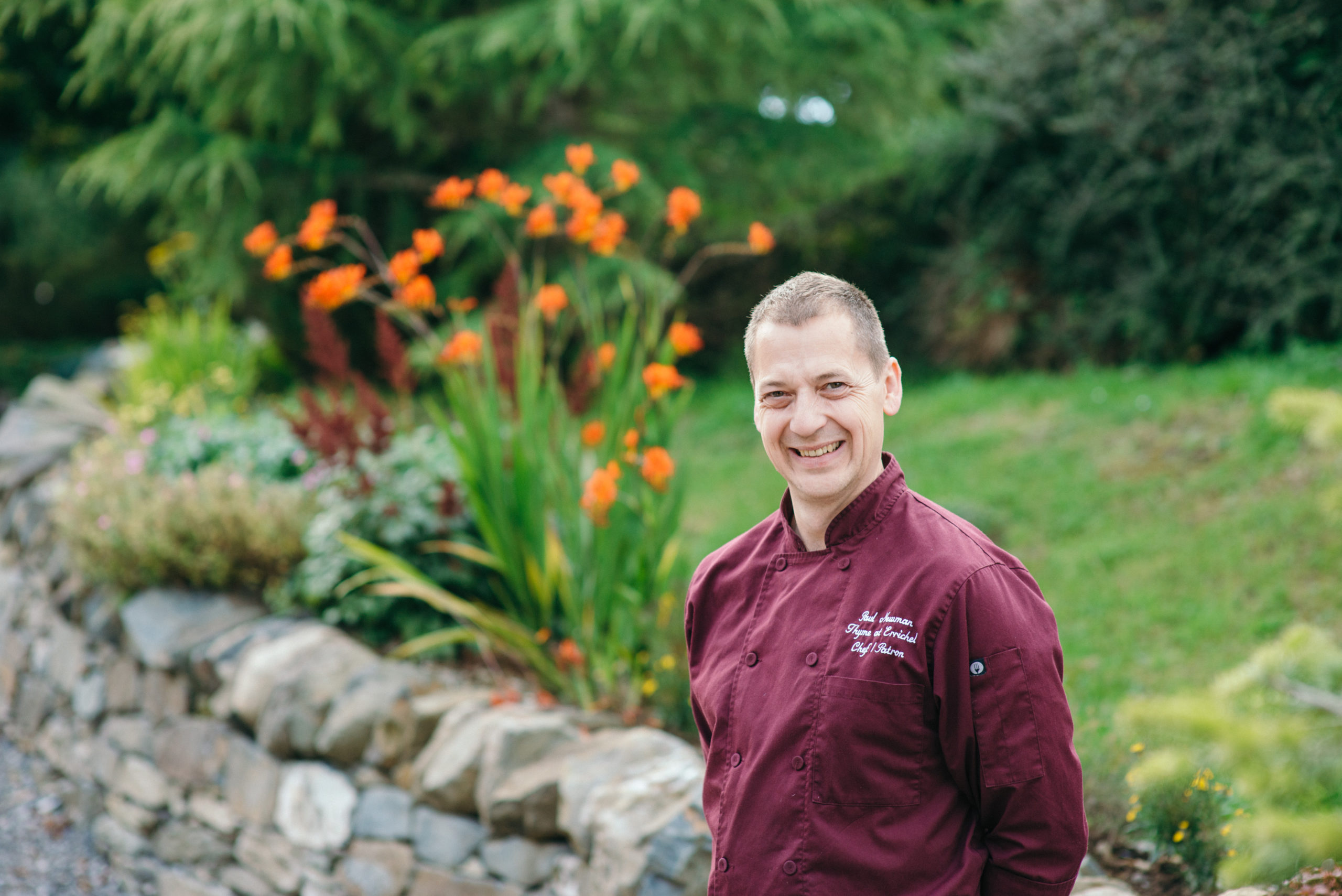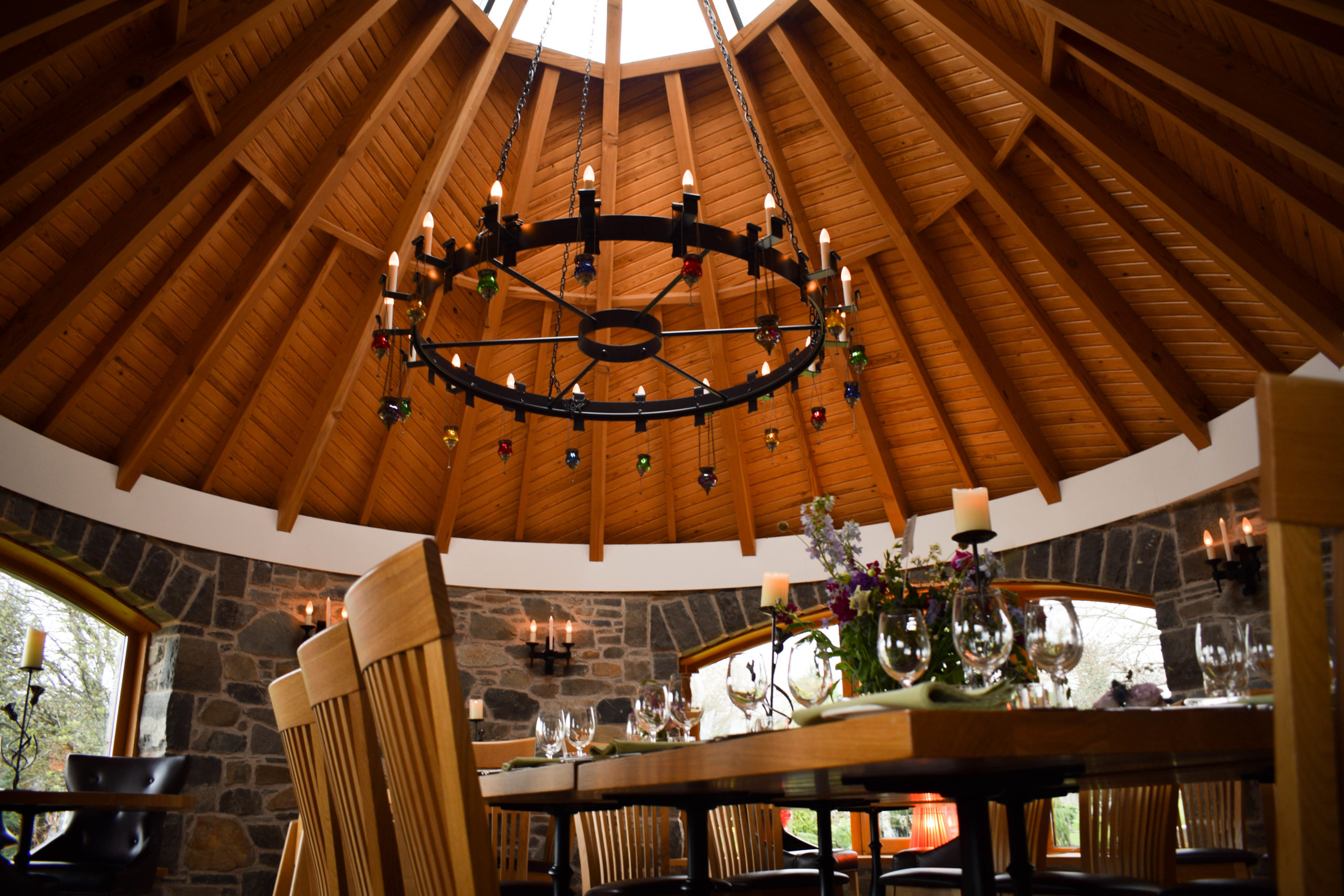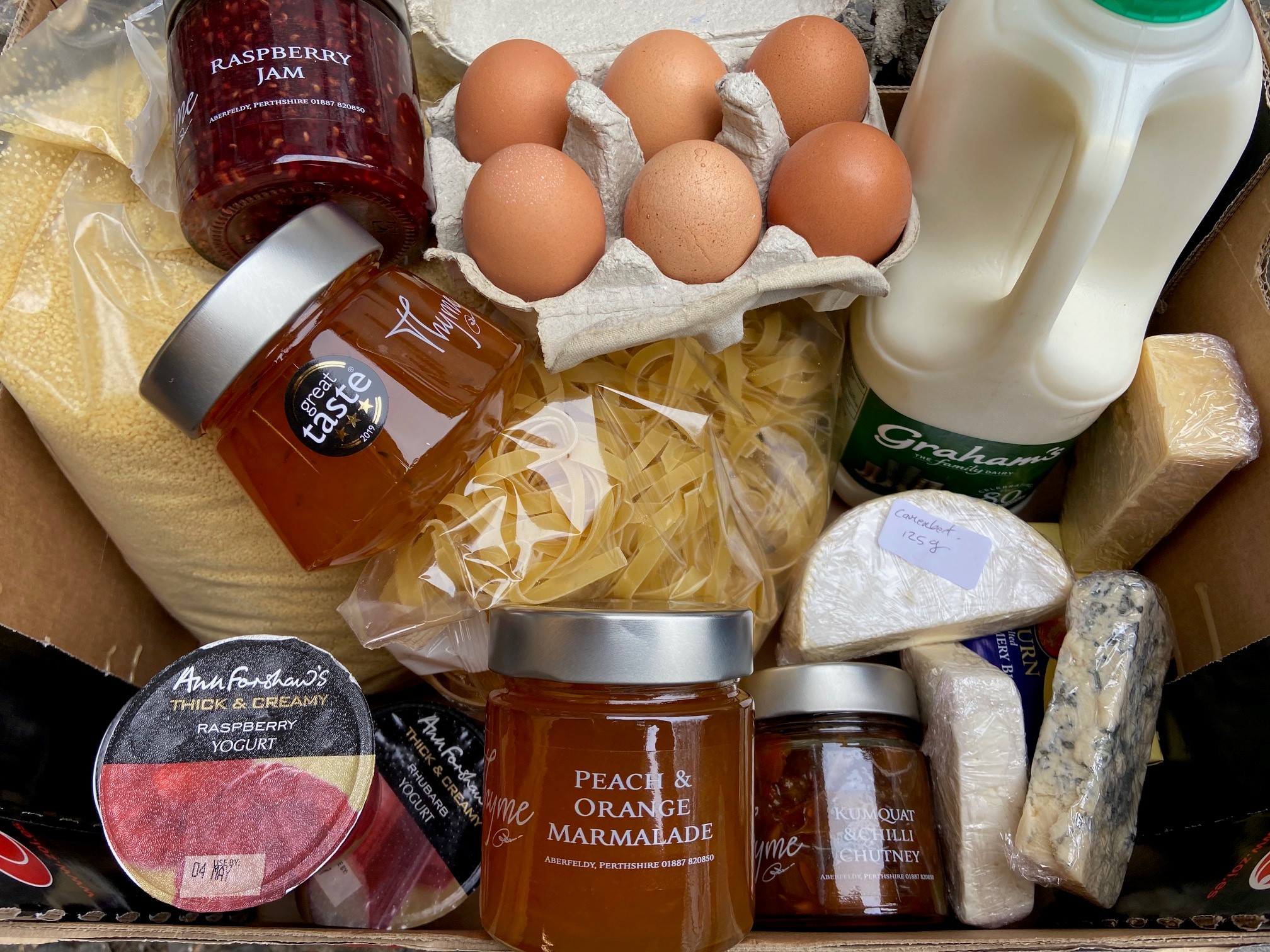With continuing uncertainty around travel and the easing of lockdown, Julia Bryce finds out if the determination to survive will be enough to keep food tourism firms afloat.
Scotland’s flourishing food tourism industry had been experiencing a rapid rise in popularity over the years.
More and more we’ve seen businesses dedicated to this sector blossom out of nowhere, usually targeting international tourists to show off the outstanding natural larder Scotland has to offer.
But when tourists are unable to travel due to lockdown restrictions and businesses are unable to open fully due to social distancing guides and rules, what kind of future is in store for those operating in this sector?
The year ahead will be one of the toughest yet for the industry, and while many will fight with resilience and grit, determined to see the 2021 season, the hard reality of the landscape having casualties is more and more apparent as we look to life after Covid-19.
Not all hope is lost though. The Government has extended its furlough scheme to October, individuals are reinventing their businesses, adapting to consumers needs at the drop of a hat, and customers are lightening their weekly supermarket shop to support local businesses.
In Aberdeenshire, Grace Noble of Aberdeenshire Highland Beef near Banchory is facing some challenges. While having her unique business which allows individuals the chance to meet and also try Highland cattle, Grace recognises local support is what will get her through the next few months.
Following a farm to fork ethos, she has reshaped her business, giving other local producers including Rora Dairy, Katy’s Eggs, Rizza’s of Huntly ice cream and Summerhouse Drinks, the chance to sell their goods at her premises where she currently only offers collection.
She said: “My business is very much based around food and tourism, farming the most iconic beef breed, Highland Cattle, which international visitors want to see, photograph and meet when they arrive in Scotland.
“Tourism is becoming the largest segment of my business and over 80% of my visitors were international and 20% UK and local-based. Having had over 7,000 international visitors booked, we are working with the travel trade now focusing on our recovery for 2021.
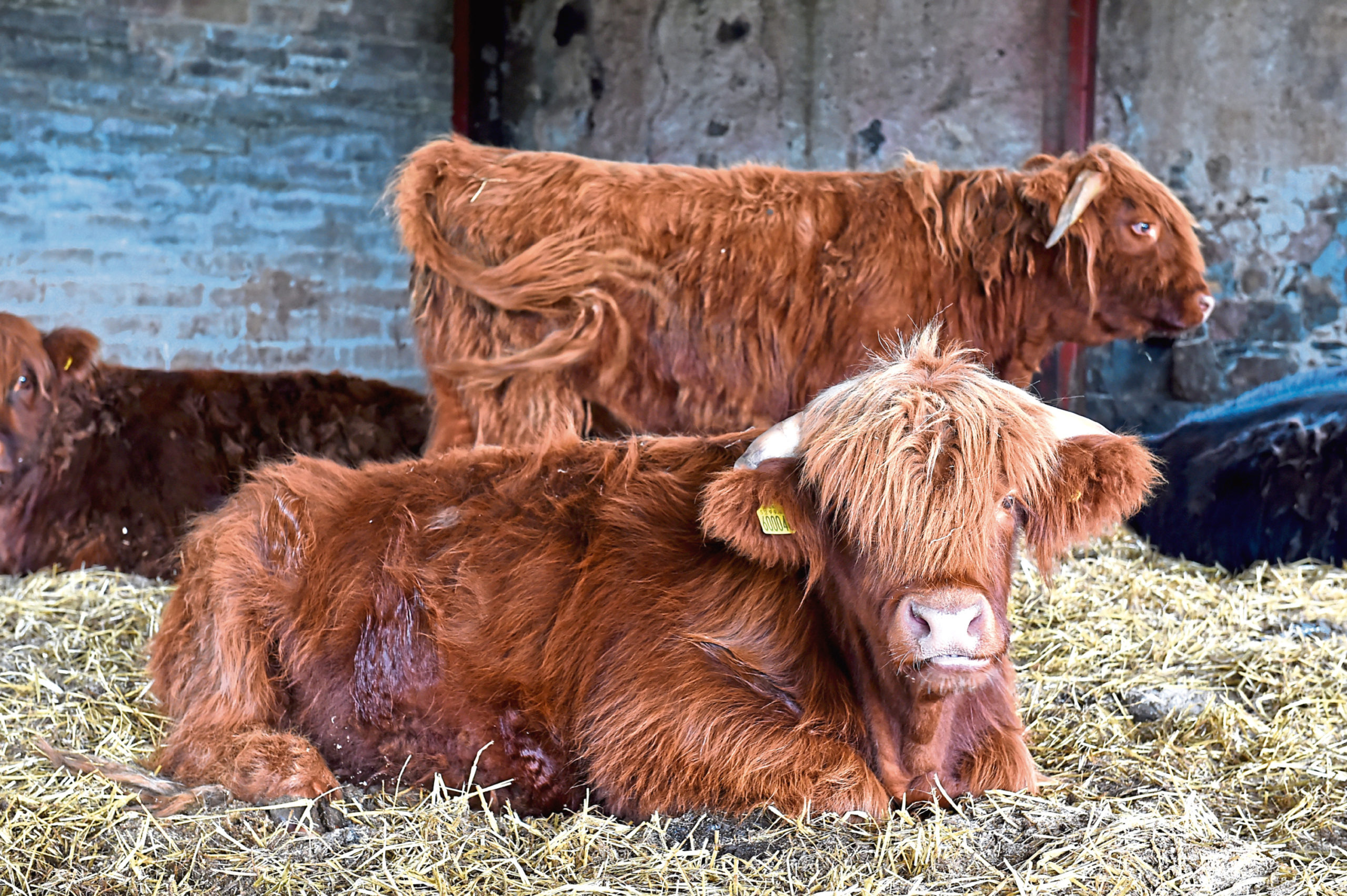
“With the reduction in international tourism this year we hope we will see it recover in the UK domestic market. This will allow hotels and restaurants to reopen and trade for the remaining of 2020 when lockdown eases, and we are able to operate in which ever way is safe until customer confidence is back to be able to venture out and enjoy our freedoms once again.”
Working with industry bodies VisitAberdeenshire, Opportunity North East, Business Gateway and Aberdeenshire Council, Grace says her main focus currently is the domestic food trade.
“I truly believe our domestic food offering will continue to remain and grow strong now people are being reminded of what great quality food we have on our doorsteps and how we can get this easily.
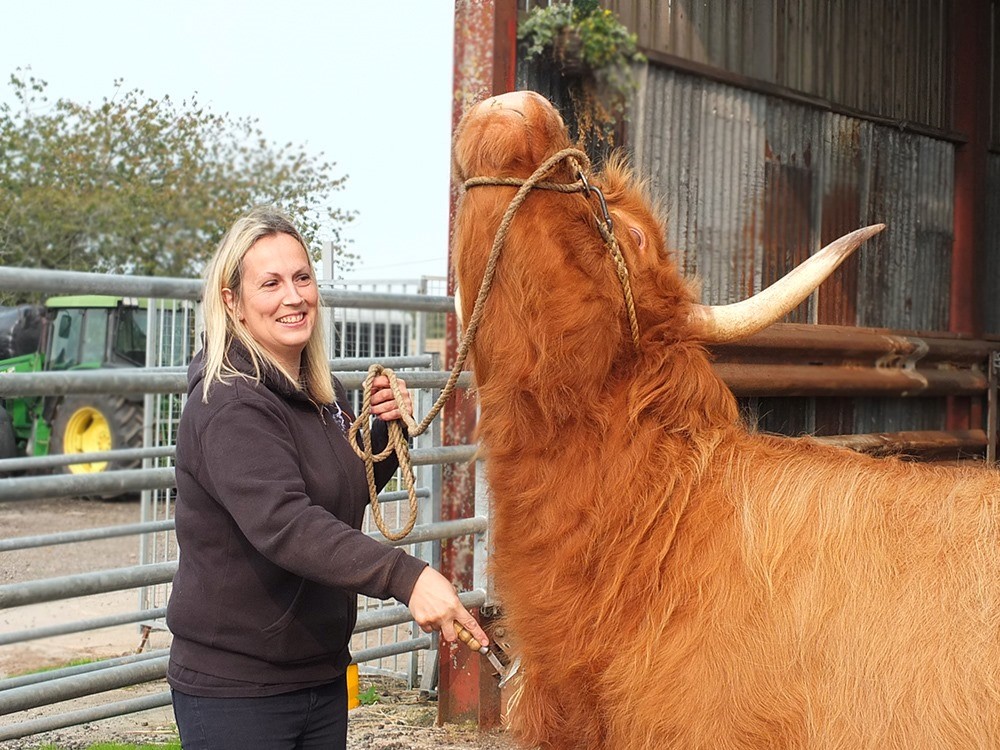
“I hope we will be able to open our doors and offer food and farm experiences to our UK domestic customers who are looking for that ‘staycation’ holiday as we are unable/reluctant to travel abroad. I, like a number of other businesses, see this as a very positive opportunity that UK domestic tourism will boom.
“I think my commercial beef sales to hotels and restaurants will return gradually, quantity will be less, but there will be movement and it certainly will make me have to upscale my level of production at the on-site butchery. The time and labour cost of running my business has doubled already and when we start to reopen I will certainly be seeking to employ additional staff.”
“I think people will be keen to support rural businesses and farming producers who have worked tirelessly and gone the extra mile to feed the nation when shortages and panic buying was at its worst.”
Launching their gin distillery and gin school business in December, Alan Milne and Dan Barnett of City of Aberdeen Distillery have redesigned their original business plan to ensure their survival. Now selling their gins online, they have also collaborated with other local businesses to create new products.
Dan said: “The future for food tourism in Scotland is optimistic. The current situation is a delay, or a pause, it is not an end. We need everyone to do their bit to get people and businesses through this, and then to be generous and supportive as we come out of it.
“Scotland is a major tourist destination and will undoubtedly be on many travel plans. Aberdeen is in a great position to be at the heart of tourism – the open spaces, the beautiful scenery and the experiences it has to offer. We need to get our tourist trade re-started as soon as we safely can. One of the key factors in this is to re-establish our transport links. Aberdeen is a conduit to the wider north-east and even the Highlands and the air links we have are very important for the oil industry and tourism.”
Alan added: “Prior to the lockdown, many of our visitors were tourists from around the world. We need to be ready with the message that Scotland is open.
“It’s likely that the internal UK market will reopen long before it is practical to fly anywhere. That means our summer holidays will probably become autumn holidays – and we’ll likely be staying in the UK. The money that might have been spent overseas may be spent locally.”
But what does the future hold for a business which operates primarily on experiences? Is it possible to adapt to the new norm?
“In the short term we are focused on our online sales. Perhaps by August/September there may be some hope of reopening the gin school for smaller groups under the new social etiquette,” said Dan.
“We have enough space that we can accommodate small groups who can easily practice social distancing. We will welcome couples and small groups to distill their own gin and will be running more frequent events to accommodate demand.”
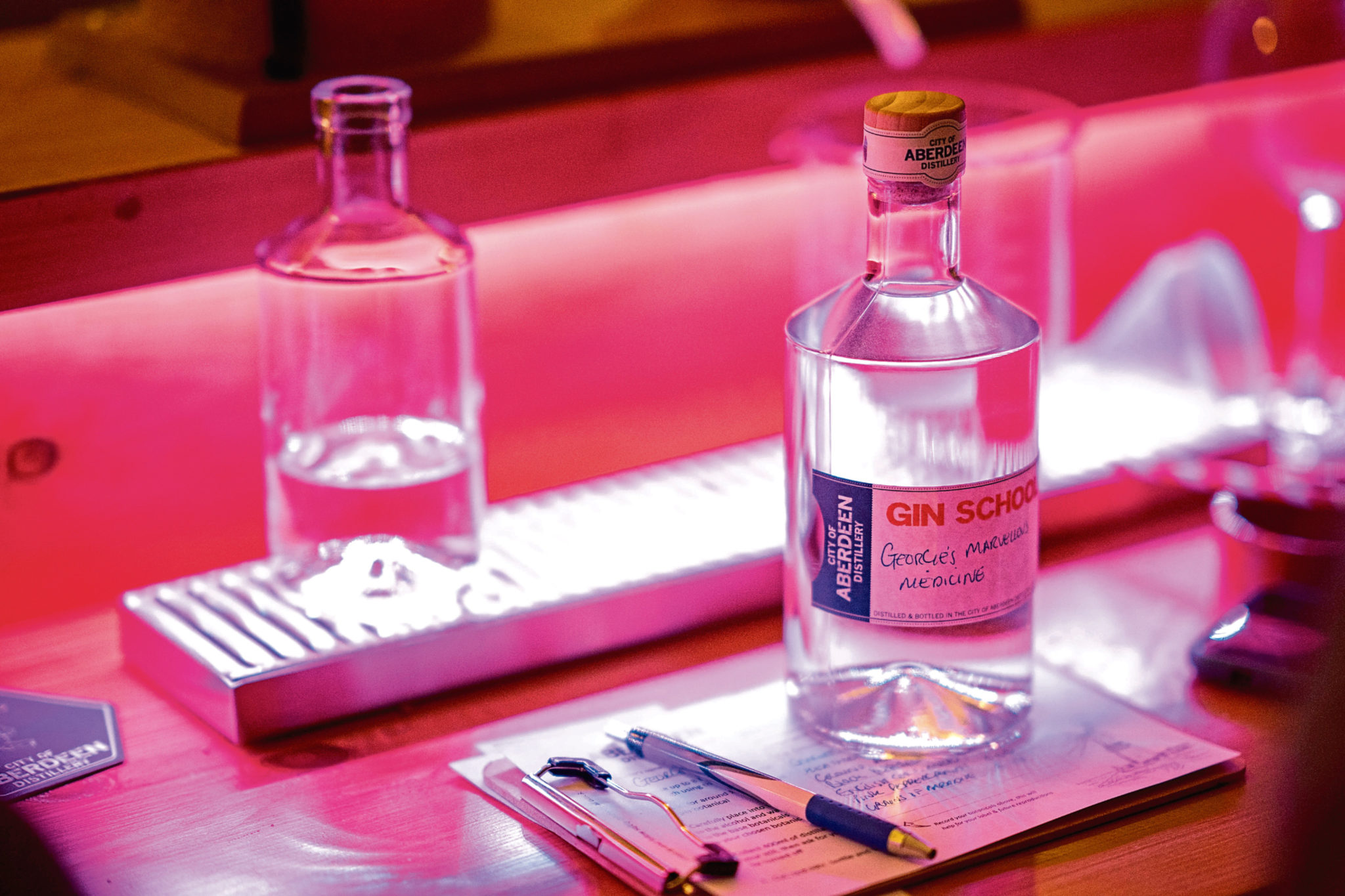
Alan added: “Once the lockdown is lifted, we will be offering click and collect services as well as re-opening our in-person distillery shop where we always have free samples available. Our products are only available online currently.”
Rebecca Newman, managing partner of Errichel Farm in Crieff, is another person grabbing the bull by the horns and making the most of this delicate situation.
Co-owner of the small hill-farm, home to luxury guest accommodation Errichel House and Cottages, Thyme at Errichel Restaurant, a farm shop, and a whole host of livestock, too, Rebecca and her husband Paul are determined to see their business through.
She said: “Furlough has been a good thing for us, and it’s good that it has been extended to October. Obviously we have quite high running costs because we have a farm. The staffing costs are under control with the furlough scheme, but the problem really is what happens when the scheme ends?
“We’re getting cancellations right through August. For the food side, we really rely on a good reserve at summer to get us through the winter. Different businesses will see it slightly differently but we’re on a hillside above the snow line and if it’s a bad winter we get a really difficult season over Christmas as people don’t want to be driving on the road.
“What we’ve done is offer our delicatessen and farm shop in the hopes that food retail will still remain quite strong. That might help us keep things ticking over and keep our basic level of staff in place.
“We don’t know if it will be until next season, or until a vaccine has been found that things will pick up again. This year is about getting food out to people locally and promoting Scotland as a brand of quality produce.”
She added: “With the Government guidelines we understand outside seating will come first, and that’s great if you have weatherproof outside seating and sunny days. But if we’re being asked to run a restaurant with two-metre distancing we’d probably end up with more service staff and less customers, and that doesn’t work financially.
“For us we may just continue to offer a takeaway option and we’re also doing ready meals too for people to enjoy during the week. It is very different for us as we were a restaurant that was seen as somewhere to spend special occasions.
“The future – it will be a smaller business for us and we will just have to wait and see what it looks like in terms of recovery next year.”
Adapting as well as they can to the situation, the venue offers takeaway and delivery services locally, and is also keeping tourists interested by teaming up with industry bodies to give their audiences a look behind the scenes.
She added: “We usually have 20-30 people every Sunday ordering Sunday Lunch. We offer fresh, frozen and dairy delivery on Tuesdays and Fridays and we’ve also had people ordering our preserves and products who had never visited us before which has been great.
“We’re working with Go Rural Scotland and VisitScotland to do a live stream at the farm. We’re just trying to keep people interested and give them a behind-the-scenes look. We do tours on the farm usually and have a 5km walk out on the farm, too, as well as some archaeological sites.
“We run masterclasses and a major part of our business was corporate events/corporate dining. We also work with Dewar’s Distillery in Aberfeldy and Highland Safari – we did the catering for when they take clients out on the hills in Land Rovers and all of that business has disappeared and we don’t expect to see that back as a lot of them – not all of them – were international business. It will definitely be the domestic tourism market and local food we’ll be concentrating on.”
Industry body Scottish Tourism Alliance says the Scottish Government needs to work harder in order to help tourism businesses, and urges them to put pressure on UK Government to extend grants for those firms occupying premises with a rateable value above £51k.
Marc Crothall, chief executive of Scottish Tourism Alliance said: “While the support given so far by both the Scottish and UK governments is very welcome, it is not enough. Despite the recent increases to the Hardship and Pivotal funds announced by Scottish Government the total sum of support available still falls well short of what is needed to protect business from collapse.
“We are hearing of many tourism business above the RV51 threshold who have had their applications to these funds declined. As such, it remains the case that at this juncture there are hundreds of tourism businesses, pubs, hotels, visitor attractions, and event venues who are all incurring significant monthly costs with no income coming in still not having received and grant support and many about to go the wall.
“These businesses are the lifeblood of Scotland’s tourism industry, major employers and the recovery of our industry and wider economy is dependent on them. Their monthly hibernation costs range from £10k per month to £350k+ and with no income or support, they are now collapsing.
“If as we are being told by Scottish Government ministers, there is no more money to support these business then we urge them, as the industry are doing to press their UK counterparts in the Treasury harder still.”
